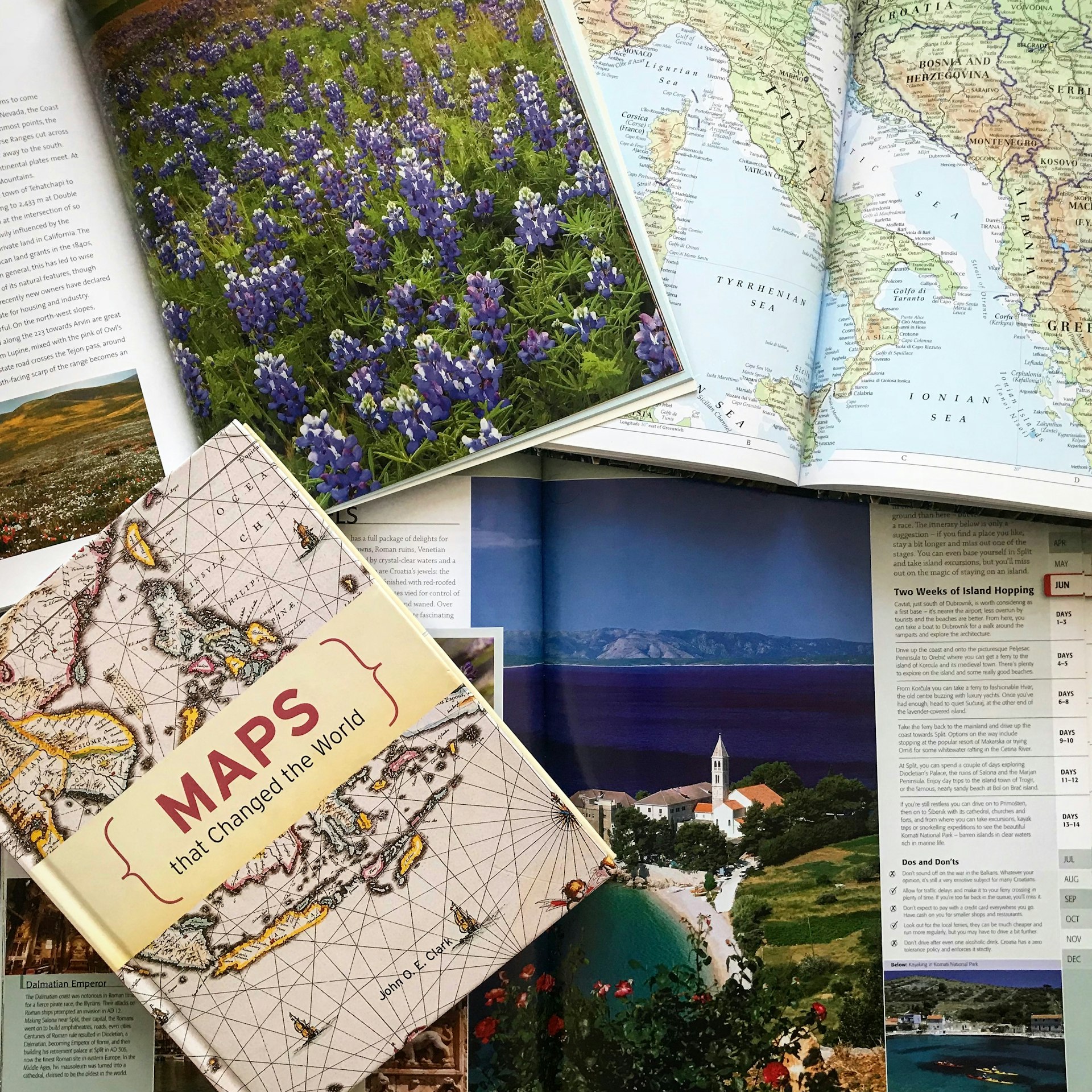Maximizing Your Impact: Practical Ways to Support Local Businesses While Traveling

Photo by Simone Daino on Unsplash
Introduction: Why Supporting Local Businesses Matters When You Travel
Travel offers unique opportunities not just to explore new places, but to make a positive impact on the communities you visit. Supporting local businesses helps preserve culture, strengthens economies, and provides travelers with more authentic experiences. By making conscious choices, you can ensure that your spending directly benefits the people and places you encounter along your journey. [1]
Choose Locally Owned Accommodations
Where you stay can have a significant impact on the local economy. Opting for locally owned hotels, bed and breakfasts, guesthouses, or homestays ensures that your money remains in the community. Unlike large international chains, these accommodations are often managed by residents who reinvest profits locally, hire local staff, and showcase the area’s character. [5] For example, a small mountain inn may source its breakfast ingredients directly from nearby farmers, or a city guesthouse might feature art and crafts made by local artists.
To find these options, you can:
- Search online platforms that filter for local or independent properties.
- Ask local tourism offices for recommended accommodations with strong community ties.
- Read the “About” section on hotel websites to learn about their ownership and community involvement. [4]
Choosing local stays not only supports the economy but often leads to a more personalized and memorable travel experience.
Dine at Local Restaurants and Food Markets
Food is a powerful way to connect with culture and contribute to the community. By eating at locally owned restaurants, cafes, and street food vendors, you directly support local entrepreneurs and experience authentic flavors. Additionally, shopping at farmers’ markets or community groceries helps local producers and farmers thrive. [2]
Practical steps to support local food businesses include:
- Seeking out independent restaurants and avoiding global chains.
- Trying regional specialties and traditional dishes.
- Visiting morning or weekend markets for fresh produce and handmade foods.
- Asking locals for their favorite places to eat.
Keep in mind that some small markets or vendors may accept only cash. It’s helpful to carry small bills for these purchases.
Shop at Independent Stores and Artisan Markets
Purchasing souvenirs, gifts, or everyday items from local shops and artisan markets boosts the local economy and helps preserve traditional crafts. Unlike mass-produced items found in tourist traps or large retail chains, locally made goods reflect the unique talents and heritage of the area. [1]
To maximize your impact:
- Explore downtown business corridors or main streets where independent shops are often clustered. [3]
- Look for markets featuring local crafts, textiles, or artwork.
- Ask about the origin of products and prefer those made locally.
Not only do these purchases support artisans, but they also provide you with unique mementos and stories to share.
Hire Local Guides and Join Community Tours
Guided tours and experiences led by locals offer deeper insight into the culture, history, and natural beauty of your destination. When you hire local guides or join community-run tours, your payment goes directly to residents rather than outside tour operators. This supports local jobs and often ensures a more authentic, passionate perspective. [2]
To find reputable local guides:
- Visit the official website or office of the local tourism board or visitor center.
- Search for community-run tours or experiences online and read recent reviews.
- Ask locals or your accommodation hosts for trusted recommendations.
Examples include guided hikes, cultural workshops, food tours, or art walks. These experiences are not only enriching but also help circulate money within the community.
Use Local Transportation Options
Choosing local transportation such as buses, trains, bicycle rentals, or community-run shuttles helps funnel your travel dollars to local providers and reduces your environmental impact. In many destinations, local taxis or rideshare cooperatives provide a more direct benefit to residents compared to international companies. [4]
For travelers unfamiliar with local transit options:
- Check the city or region’s official transportation website for schedules and ticketing information.
- Ask your accommodation for advice on the best ways to get around locally.
- Consider renting bicycles or using local shuttle services when available.
While public transport may require some advance research, it often leads to more meaningful interactions and discoveries.

Photo by Ling App on Unsplash
Leave Positive Reviews and Share Your Experience
Your feedback can make a lasting difference. Writing positive online reviews for local businesses on platforms such as Google, TripAdvisor, or Yelp helps boost their reputation and visibility, attracting future visitors. [3] Even a brief review can influence potential customers.
To make your reviews effective:
- Mention specific staff members, dishes, or products you enjoyed.
- Include photos to showcase your experience.
- Be honest and constructive; highlight what made the business stand out.
Sharing your experiences on social media can also help promote the destinations and businesses you loved.
Engage with the Community and Give Back
Responsible travel goes beyond spending. Engaging with local communities-whether by participating in cultural events, volunteering, or simply showing respect for local customs-enriches your journey and fosters mutual understanding. [4]
For those interested in volunteering or giving back:
- Contact the local tourism office or community organizations to learn about reputable opportunities.
- Research projects or events in advance, focusing on those that are community-led and sustainable.
- Always seek permission and guidance to ensure your involvement is welcomed and beneficial.
Remember, even small acts like learning a few words of the local language or participating in local traditions show appreciation and respect.
Challenges and Alternatives
While supporting local businesses is rewarding, travelers may encounter challenges such as language barriers, limited payment options, or difficulty identifying authentic local businesses. To overcome these:
- Prepare by researching your destination’s local business directories and reading recent travel blogs for tips.
- Carry a small amount of local currency for places that may not accept credit cards.
- Use official visitor centers for up-to-date recommendations and reliable information. [3]
If you are unable to find or access local businesses, consider supporting regional cooperatives or nonprofit organizations that benefit the community at large. Always verify the legitimacy of any business or organization before donating or volunteering.
Key Takeaways
Supporting local businesses while traveling enriches your experience and positively impacts the communities you visit. By choosing locally owned accommodations, dining at independent restaurants, shopping at artisan markets, hiring local guides, using local transportation, sharing your experiences, and engaging respectfully with communities, you help preserve culture, create jobs, and foster sustainable development. Every decision-from where you sleep to how you travel-can make a meaningful difference.
References
- [1] Park Terrace Hotel (2023). 6 Ways to Support Local Businesses While Traveling.
- [2] Storylines (2023). Five Ways to Support Local Economies While Traveling.
- [3] Travel Wyoming (2023). How to Support Local Businesses & Communities While Traveling in Wyoming.
- [4] Nomad is Beautiful (2023). Why and How to Help Locals When Travelling.
- [5] Ecobnb (2024). 7 Ways of Supporting Local Community While Travelling.
MORE FROM dealseekersguide.com













